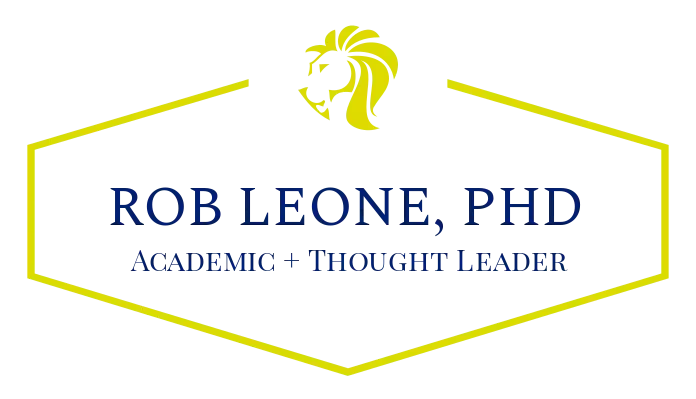Our political leaders are being lauded for deferring political decisions to scientists. Listen to the scientists, the common argument went, because they study this stuff and they can help us through these turbulent times. The politicians that did listen are being heralded by citizens for handling the coronavirus with a measured response.
There are a few problems with elevating scientists to decision-maker, which is normally the politician’s job. The first is that the science is often in a state of flux. Those that created the early doomsday models were wrong. Do you remember January, February, and March of this year? All sorts of models started popping up all over the place by people we hadn’t heard before. They predicted mass death and overcrowding in our hospitals. The bad examples from the global response validated their predictions. The doomsday-ers who were doing media couldn’t find a camera that didn’t like them. Then, when their models proved to be wrong, scientists raced to dispel the myths. How can you make a decision when the facts, as they say, were shifting?
Not only were the models wrong, but it took us an eternity to figure out how the virus is transmitted. Is it respiratory? Droplets? Human contact? There is a lot we understand, but a whole lot that we do not. People’s lives and livelihoods have been at stake. What is a ‘lesser’ knowledgeable decision-maker supposed to do in this minefield of uncertainty? Well, they are supposed to follow the science, right?
But there is another problem. Good scientists are good at one thing: Their science. There are other aspects of public policy that we are required to also understand. Think about the economy, people’s jobs, etc. A scientist will make decisions based on the science and ignore the other things, because the other things are not in domains in which they are expert.
Even if we stick to the science, what of the other health ailments did this pandemic bamboozle? Delayed cancer treatments. Mental health and anxiety prone people having to deal with what seemed like the end of the world. OCD people worried about the germs around them even more than usual. Kids lost milestones in their social development. Grad ceremonies became the new cancel culture. The scientists’ science did not likely cover those things.
Speaking of the science, didn’t everyone become an epidemiologist over night? We all watched like hawks what the latest numbers were like, and then we all made inferences about what they meant. Government moves us into stage 2 (I’ll get to that quackery in a second) and we have people saying stuff like ‘I don’t know, the numbers are still too high.’ Based on what exactly? It doesn’t matter. Perceptions mattered though.
That’s the funny thing about science. It is so much a matter of fact that it becomes a matter of debate. People started to have feelings about what the numbers meant. Suddenly, their perceptions mattered a whole lot more than the science. How does a scientist work in such a moody behavioural environment? Those control groups are a different beast in the social world.
This brings us to the stages. What should be in stage 1 and 2 and 3? How is what we are allowed to do in each phase determined? Science? Jobs? The economy? Lobbying? Suddenly, the government that told us that it is OK on Monday to do what wasn’t OK on Sunday is starting to look a little funny. Suddenly, people’s skin started to see the sunshine outside of their homes. Their masks came off in stores. They flocked to the beach and to the park. Suddenly, the science itself mattered little at all. People did what they perceived to be just fine based upon whatever fragment of evidence they choose.
This is the tale of how science meets policy in the age of Covid-19. This is why we have politics – a government and an opposition – to flesh these things out. This is why we need public policy generalists to weigh not only the evidence but also the perceptions of how people are feeling. Policy-makers need to consider all aspects of decisions, and when the balance is skewed in one direction, policy-makers need to be drawn back into balance. It is not just the science, but the social science.
We need that vigorous debate to sort out our course of action. This is not up to scientists. Yes, they produce evidence that we need to consider. At the end of the day, it is up to politicians who are informed by all the evidence in front of them – science, jobs and otherwise – to make a decision. It is one of the many reasons we should not have shuttered parliament. These are important times. We need to broaden our considerations and not be ashamed of doing so.
